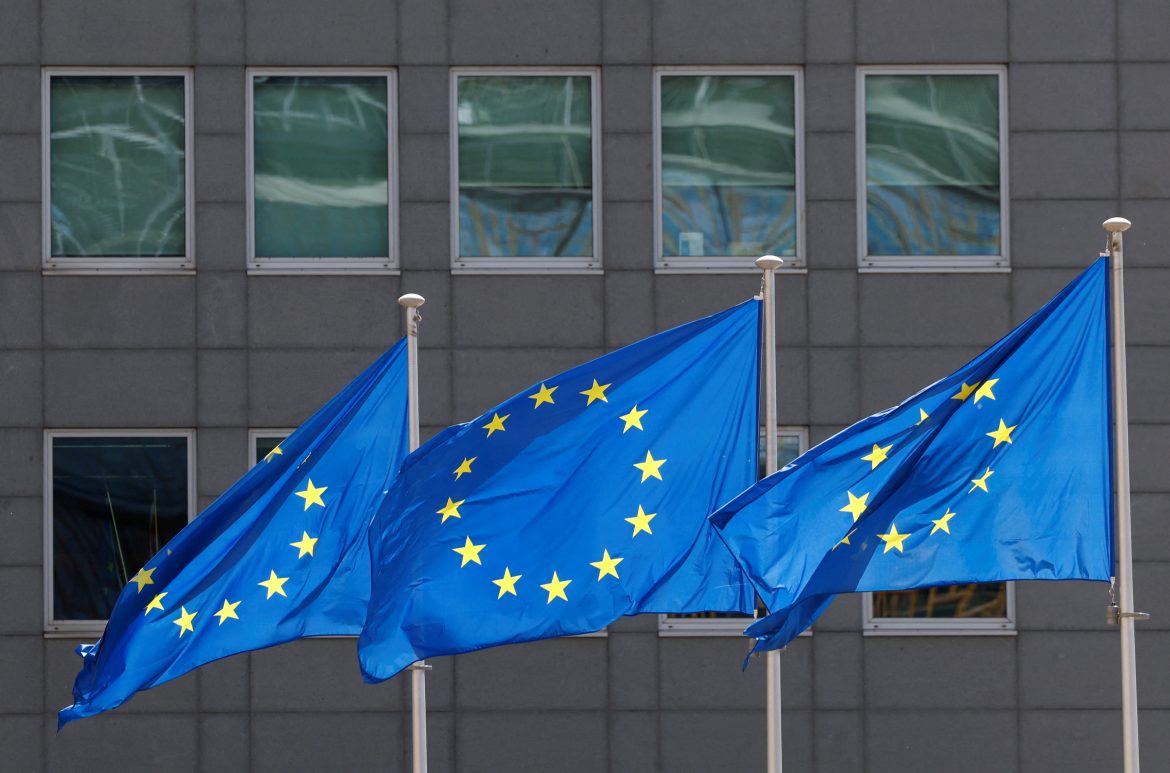Environmental Campaign group Transport & Environment has said that the European Union’s plan to label certain aviation investments as green risked “greenwashing” thousands of planes and urged the EU to reconsider its stance as a row heats up over climate regulation within the bloc.
The European Commission is yet to reach an agreement on how to handle aviation in the EU’s “taxonomy” list of climate-friendly investments, after some officials expressed support for the idea on condition the investments meet certain environmental standards while others disapprove of the idea to give any green badge to a high-carbon sector.
Last year, EU advisers recommended to the Commission to give a climate-friendly label to “best in class” currently-produced aircraft if they replace an older, less fuel-efficient plane in the fleet but that has continued to fuel debate among member countries.
Read also: Expert expresses worries about athletes’ health amidst rising global temperature
Transport & Environment (T&E) had initially supported the criteria when it co-led the group of EU advisers that crafted the recommendations, along with plane maker Airbus. However, it resigned as EU advisers along with other non-profit groups in September, after EU’s decision to label gas and nuclear energy investments green.
T&E said it had accepted the recommendations last year on the grounds that some progress was better than none. But as the Commission considers reviewing them, it sees it as an opportunity to improve the criteria.
The group said around 90% of Airbus’s order book, or more than 7,000 planes, would be eligible as “best in class” under the criteria, although they would only get the green label if they replace an existing plane in a statement on Friday.
“Sticking a green investment label on thousands of highly polluting planes is an act of pure greenwashing,” T&E aviation director Jo Dardenne was quoted as saying.
T&E urged the Commission to only endorse technologies with “true emissions reduction potential”, such as zero-emission aircraft and sustainable fuels as the 15-20% emissions saving offered by more efficient planes was too small.
Meanwhile, Airbus has said its planes provide emissions savings of 20-25%, and a shift to the latest aircraft could make a significant dent in emissions – since some 75% of the existing world fleet is older-generation.
Mass-production of breakthrough technologies is still years away but Airbus has said it aims for a small hydrogen-powered passenger plane to enter commercial service in 2035, while most attention focuses on sustainable fuels that remain scarce.
The aviation industry wants the Commission to accept the advisers’ recommendations, warning that excluding it would hurt the sector’s ability to raise money for cleaner technologies.
“It is key that air transport is included in the EU taxonomy to support the full decarbonisation of the air transport industry,” an Airbus spokesperson said.
A European Commission spokesperson said it was assessing the advisers’ criteria and had not taken a final decision.
Adapted from Reuters
